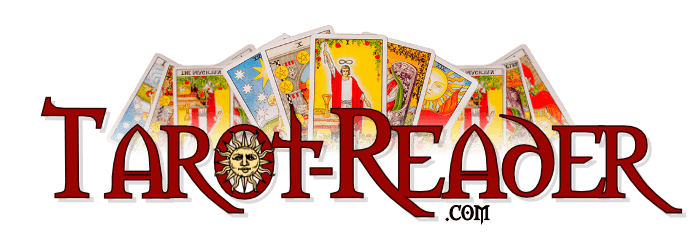Death, the Tower, and The Others: The Bright Side of the Scary Cards of the Tarot
The Tarot is not a collection of 72 pats on the back. The major and minor arcana represent all of the possible experiences a human may have, both good and bad. No one’s is a one-way trajectory into Heaven, so it makes sense that there are cards that indicate loss, sorrow, frustration, doubt, fear, anger, conflict, and weakness. After all, everyone experiences these, and no one has a completely charmed life.
Some of these cards as scarier than others, and some of these cards just have a bad reputation. However, they are all good.
The Major Arcana: The Hanged Man, Death, The Devil, and The Tower are all good cards. Trust me.
If you look at tarot through a religious dichotomy of good vs. evil, light vs. dark, you’ll miss the spiritual textures and nuances of the tarot. It’s not moral relativism either, but an acceptance of the fact that with every light comes a shadow, and that we tend to focus on one or the other, and stand in either the light or the shadow at any given time. Anyone who has worked outdoors on a hot day in the summer knows how great it is to stand under the shade of a tree.
So, when these cards come up, it doesn’t necessarily mean doom, gloom, and destruction. Okay, well, that’s what The Tower literally means, but it doesn’t mean that your life will forever be in shambles until it ends. It means that the life you have now, and what you think your life is and who you are is about to transform completely, and it can’t transform without a few growing pains.
Scary Major Arcana Cards represent the very scary precipice of complete and total transformation. After all, a butterfly can’t emerge without breaking the chrysalis. At some point, your attitudes, beliefs, behaviors, and approaches to life no longer work and you have no choice but to change. Whatever you’re asking about will not be the same after this.
Are you going to accept or fight change? All the kids who wrote in your high school yearbook that you should never change were WRONG. You should change. You must change. To be human is to change. No one should stay the same, have the same dreams, have the same likes and dislikes, or have the same desires. To cling to your youthful desires is to never grow up. To never grow up is to never reach your potential and to never live a full life.
The Minor Arcana: If You Want to Surf, Ride the Waves. If You Want to Drown, Fight Them.
The minor arcana don’t deal with major life themes or changes, but rather the more ordinary and the everyday. However, all the little things that happen over the course of one’s life will definitely accumulate and create a movement toward a major change. An avalanche is made up of millions of snowflakes. Think of the minor arcana cards as representative of the snowflakes and the major arcana cards as representative of the avalanche.
So, when scary minor arcana cards come up, indicating sorrow and loss, or more complex negative situations, like social tension, or being forced to wait, it’s indicating the small things that will happen in life that require an adjustment. Like surfing, you don’t need to make huge changes in the way you stand or the direction you’re in, but subtle ones that work with the movement of the water.
Scary minor arcana cards indicate the subtle shifts and changes you have to navigate in order to stay on track. There is simply no way you can go through life without some adversity. You don’t have to go out and find it. Simply having the audacity to be yourself without shame is enough to create challenges. This is especially true if you’re creative or bold in any way and are stuck in a place in the world in which conformity is the order of things.
Even hardship can bring joy, if you know how to make joy. Why do people create drama and conflict, and why is it always people who have nothing else going on in their lives who decide to make things harder for everyone else? Humans need a degree of harshness in their lives. This is how we evolved: we became what we are because we were conditioned to adversity and to overcoming it. Our brains don’t work with bliss. We’re not jellyfish floating gently by in the tide. We’re fighters by nature.
So, what do you do when a scary card comes up?
You embrace it and you figure out what to do with it. In order to create, something else must be destroyed. Unless you’ve asked a very, very specific question, you may not know what you could do to work with the energy of a scary card. This means that you have the opportunity to be creative in order to solve your problem. Pending financial shortages? Maybe it’s time to be bold and start a side gig or business. Problems with friends? Maybe you need to meet new people.
But the very worst thing you could do is wallow in your fear. Take your gift and do something creative.
